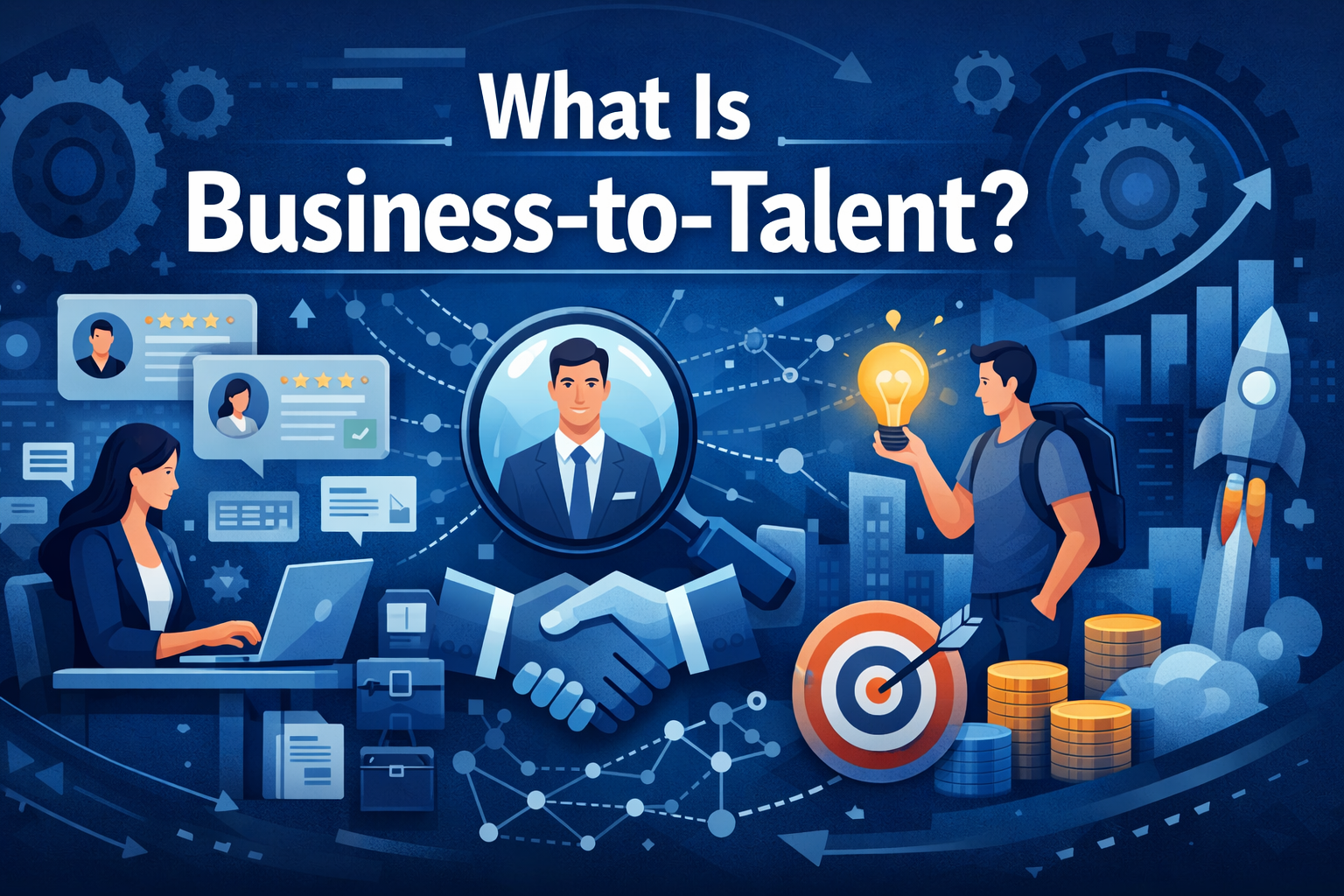From Paycheck to Purpose: Rethinking Success in Your Career Growth Journey

For decades, the general idea of career success was simple: get a good education, land a stable job, climb the ladder, and earn a better salary every few years. This “paycheck-first” approach has long been the default code for professional life, especially in countries like India. But times are changing.
Today, more people from fresh graduates in Chennai to experienced professionals in Mumbai are starting to ask deeper questions: What does success really mean? Is a higher paycheck the main goal, or is there more to a career journey? These questions are sparking a significant shift: from paycheck to purpose.
Let’s explore what this evolution means and how you can align your career with both purpose and prosperity.
1. Redefining Success: More Than Just a Salary
Traditional View:
- Job security
- Fixed salary
- Promotions and designations
Modern Outlook:
- Work-life balance
- Personal growth
- Impact and fulfillment
Success today isn’t just about what you do it’s about how it makes you feel.
2. Why This Shift Matters
The Paycheck Trap:
Many professionals stay in jobs that pay well but feel draining. Over time, this can lead to serious burnout, dissatisfaction, and even identity crises.
The Purpose Pivot:
When your work aligns with your values, it doesn’t just fill your wallet it fuels your life.
3. Understanding the Role of Purpose in Life
Purpose gives your actions meaning. It turns a job into a mission, a paycheck into progress.
Purposeful Work Brings:
- Increased motivation
- Greater resilience
- Deep satisfaction
4. Real-Life Examples from India
Sample 1: Software Engineer in Chennai
Rahul, a talented coder, spent five years chasing salary hikes. Eventually, he quit and joined an NGO building tech for rural education. His work is now as meaningful as it is impactful.
Sample 2: Marketing Manager in Delhi
Anita left a high-paying corporate role to start a content platform on sustainable living. Her income dropped temporarily, but her sense of purpose skyrocketed.
5. When Paycheck and Purpose Align
You don’t always have to choose one over the other. Some careers offer both.
Examples:
- Social impact startups
- Edtech companies
- Green energy firms
Jobs in these sectors often allow you to use your skills for a larger cause.
6. How to Identify Your Career Purpose
Ask Yourself:
- What kind of problems do I enjoy solving?
- What activities make me lose track of time?
- What values do I want to reflect in my work?
These questions can help code your career with intention.
7. The Role of Internships and Early Jobs
Use early career opportunities to experiment.
Don’t Just Chase Salary:
Try roles in different sectors tech, education, social work and see what resonates.
In India:
Cities like Chennai, Hyderabad, and Bangalore offer diverse internships that go beyond the general corporate grind.

8. Breaking Free from Societal Pressure
In Indian families, a stable job with a good salary is often the gold standard. But mental well-being and long-term growth should matter too.
Main Tip:
Communicate openly with your family about your career journey and goals.
9. Skills That Support a Purpose-Led Career
Hard Skills:
- Tech tools (code, data, design)
- Writing & communication
- Project management
Soft Skills:
- Empathy
- Adaptability
- Critical thinking
Purpose doesn’t mean less skill it means skills applied meaningfully.
10. Building a Sustainable Career
A meaningful career should still support your life financially and emotionally.
Steps:
- Set financial goals
- Create a budget that supports your values
- Prioritize opportunities with long-term potential
11. Measuring Success Beyond Salary
Alternative Metrics:
- Work-life harmony
- Mental and emotional health
- Contribution to society
Your success code should reflect your real goals not just what looks good on paper.
12. Tools & Platforms to Discover Purpose
Online Courses:
- Coursera: Psychology of Well-being
- Udemy: Find Your Purpose
Books:
- Start with Why by Simon Sinek
- Ikigai by Héctor García
Indian Mentoring Platforms:
- The Better India
- YourDOST
13. Career Transitions: Making the Switch
Tips:
- Start with side projects
- Volunteer or freelance in areas of interest
- Talk to people who’ve made similar transitions
You don’t have to jump blindly ease into the shift.
14. Purpose in Tech & Engineering Careers
Many engineers in India are using code to build meaningful tech from health apps to agricultural AI.
Tip:
Look for tech roles in companies that solve real-world problems, not just build generic tools.
15. Career Journey Is a Lifelong Process
Purpose evolves. What drives you at 25 may differ from what matters at 40.
Embrace Change:
Your career isn’t a straight road it’s a path with pivots, learning, and growth.

Conclusion
Your career growth doesn’t have to be a trade-off between purpose and paycheck. With the right mindset, planning, and courage, you can design a life that’s rich in meaning and financial stability.
Whether you’re in Chennai, a fresher in college, or an experienced professional rethinking your next move, remember this: Success is not about fitting into someone else’s code it’s about writing your own.
Use your work to build a life, not just a living.
Visit Us >>> https://www.impacteers.com/home/
About Us >>> https://blog.impacteers.com/https://blog.impacteers.com/
FAQs
1. How do I know if my career lacks purpose? If you feel disengaged, unmotivated, or constantly question the meaning of your work, it may be time to reassess your career path.
2. Can I shift from a high-paying job to a purpose-led one in India? Yes. Many professionals in cities like Chennai, Bangalore, and Mumbai are successfully transitioning to roles in impact sectors or meaningful startups.
3. Is it risky to choose purpose over paycheck? Every career growth choice has risks. But with the right planning, upskilling, and clarity, purpose-driven paths can be both fulfilling and sustainable.
4. How can freshers find purpose early in their career journey? Try diverse internships, volunteer roles, and explore what excites you beyond salary. Purpose often emerges through exploration.
5. What’s a good sample roadmap to go from paycheck to purpose? Start with self-reflection → test ideas via side projects → talk to mentors → gradually shift roles or sectors → track impact and fulfillment.



Post Comment